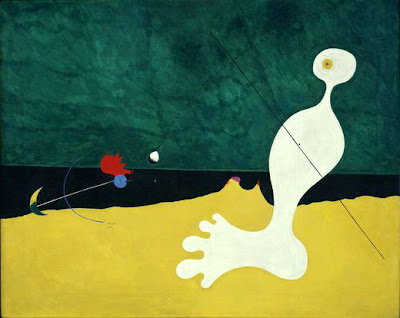


A trip I did in early November 2007. It was sub zero and we kept missing the exits and getting lost in Brussels. We didn't have a GPS and the roads are bloody confusing in Brussels. Plus we had 3 navigators for the designated driver. And when we finally came back to Paris at 2AM we lost our way again! I think we reached home at 4 AM.
So what did we do in Brussels? We had hot chocolate and tried some of those famous Belgian beers - Leffe, Hoegaarden, Stella Artois. We saw Mannequin Pis and its unbelievably small. But really there wasn't much else to do but walk around the old city. That wasn't bad. There were so many places to stop and eat, all lined up along the narrow streets, and the restaurateurs inviting us persuasively, warmly (sometimes quite annoyingly!) into their shops. Dinner was nice.
April 18thIf there was the sound of water only
Not the cicada
And dry grass singing
- The Waste LandI am the blooming desert,
The rich aridity of the Kalahari
Approaching, encroaching your fecundity,
I am here to soil you, to take
Of you, and leave you replete with a vacancy
And a “Too Late” sign on your balcony.
My deserting you, is like an acceptance of
A smelly embrace. My binding is not a rape,
It’s a birthday party, a naked race,
An emancipation perhaps even an
Atonement. A justification of something
You feared would happen and wished
For all the same.
18th April, on this porch, Twenty
Timid years ago, years aplenty,
I pushed my foot into your gate,
And surveyed the scene and waved,
My hands like a tree with gnarled
Branches, waving at a forest of gnarled
Trees, I wore your husband’s suit,
And the light reflected from
My gold rimmed, glasses,
Square framed. You wore a flowery
Summer dress that flapped like a nervous,
Infant before a tetanus shot. Your eyes,
Were large holes of punctured mountains,
Your face cloudless, the beaten sky
Finite, into a painting framed.
And your arms extended up,
To the wall, that I built around you,
I am the land that surrounds the sky.
I was beneath you, I am above you,
And I shall weave around you now,
Like your flowery summer dress.
I am the father of a thousand, biting
Posters and paper cutouts of me.
They are my voice,
I am their beating, pumping
Organ that suffuses them with
Streams of convincing clarifications.
These twenty years are
Wide hipped women. They have borne
My waiting children and fed them
On evening porridge, that grew
Upon this land. It’s true,
This land has grown in them.
Now I have come again,
To your garden gate. Your husband
Wears my suit and you wear,
That summer dress, flapping like
The blighted page of a sordid book.
That longing look,
Of an empty well.
Your pieces are scattered upon my soil,
And the land grabs with eager hands,
All that lies upon it.
My paper cutouts now line your walls,
They agree, it’s time,
The earth shook in a mad fit,
Did a war dance on its fetid feet,
And drove the sky away.



















































